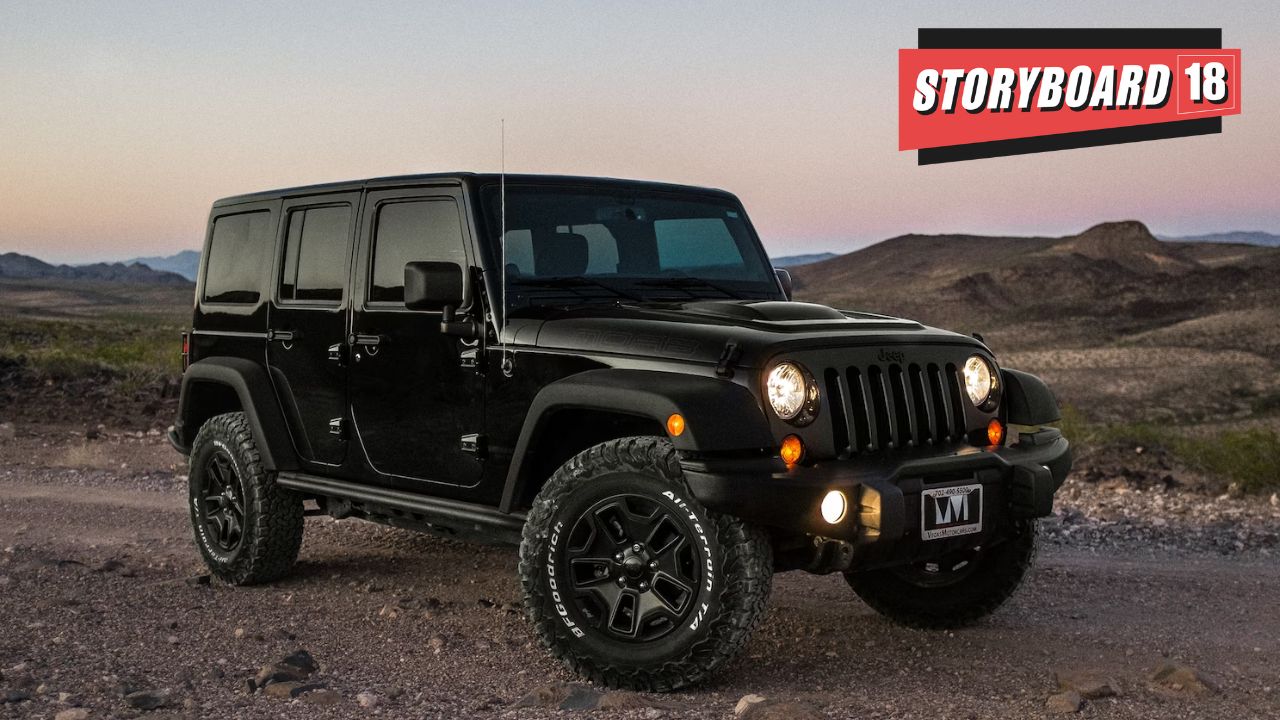Electric vehicles are a focal point for SUV maker Jeep in India and it is evaluating different options before finalising its plans for the domestic market, a top company executive has said.
Jeep India, which is a part of automobile group Stellantis, also said the company is aiming for over 90 percent localisation in its compact SUV Jeep Compass over the next three years. The company has a 50:50 joint venture manufacturing facility with Tata Motors at Ranjangaon in Pune district.
“Options for electrification (of vehicles) is something we are studying right now because the customer is at the centre and his (customer’s) needs have to be satisfied. Globally, we have a vast expansion of the EV portfolio.
So, we are evaluating different options for India,” Aditya Jairaj, Head of Jeep India Operations and Deputy Managing Director at Stellantis India told PTI on the sidelines of the rollout of the new Jeep Compass nine-speed AT Diesel in a 4×2 configuration on Saturday.
The vehicle has been exclusively developed and launched in India.
Emphasising that electrification with Jeep in India is a focal point, which will eventually happen, he said at this point the company is still finalising the EV strategy.
For the next-generation products, the company is looking at 40 percent higher localisation from the current level of 70 percent, which will be quite significant, adding that it is an important focus for the company.
“It is not just localising for India, but it is India for India and India for the world,” he said.
Further, he said exports will be one of the important components of the company’s long-term strategy as it not only gives the scale but also provides a competitive advantage as well in terms of cost.
Jeep India currently has four products in its portfolio — Compass, Meridian, Wrangler and Grand Cherokee. Of these four, it exports Jeep Compass and Jeep Meridian to markets such as Japan and Australia, among others.
He said that currently these vehicles are being exported to developed markets like Japan, Australia and New Zealand.
“So exports have to work in tandem with the domestic market in order to be more and more value proposition,” he said and added that the company will continue exporting Compass and the Meridian in other markets.
These vehicles will also be exported to non-right-hand drive markets as well and that opens a lot of opportunities for the company, he added.
